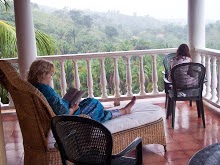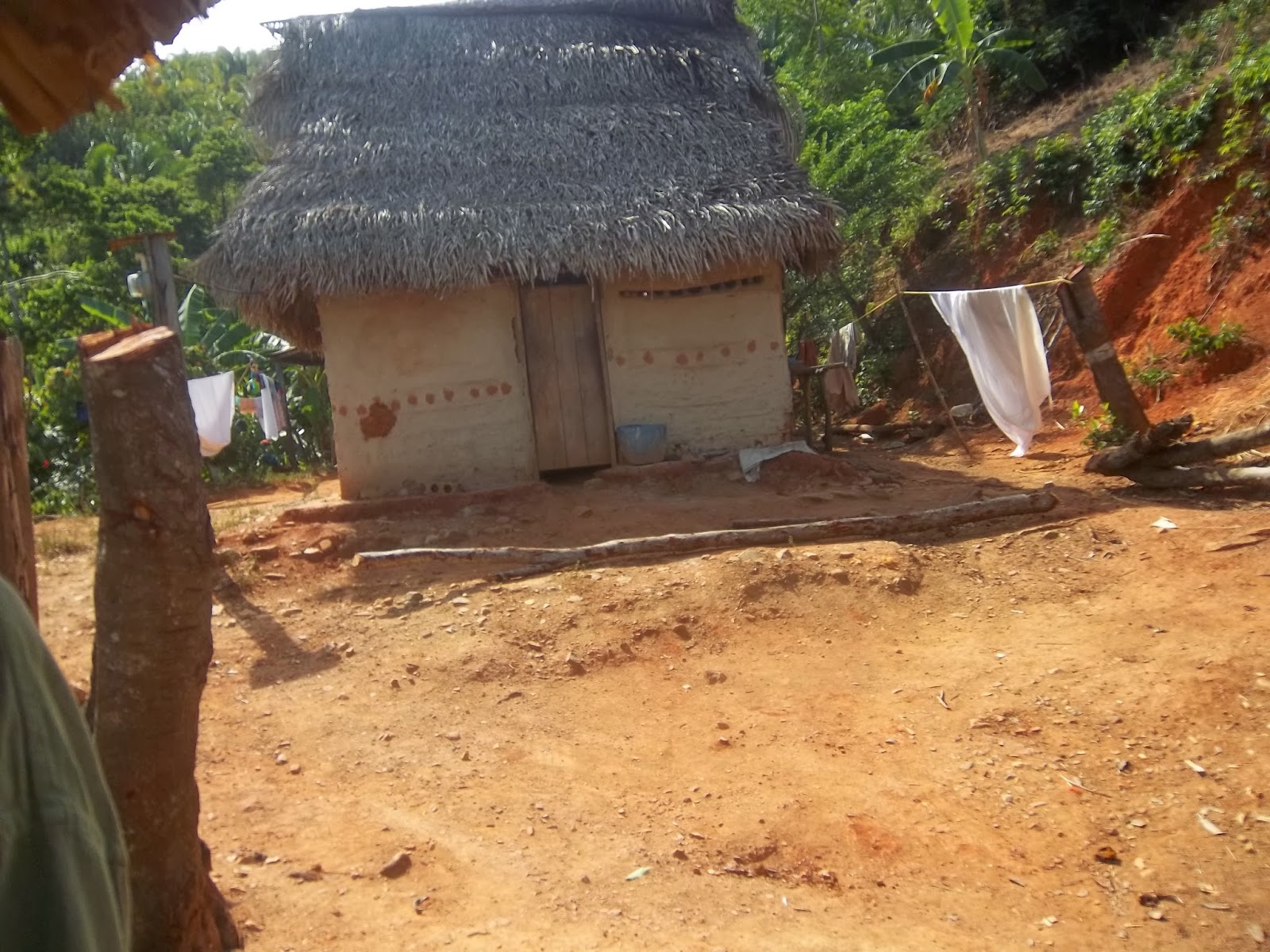I am fortunate enough to live an idyllic life in a beautiful country in Central America. I am ever mindful that I am a guest in this country, and that I could be asked to leave at any time. I rarely ever criticize the government here. I frequently tell you how safe I feel with the military/police presence. But this time, I just cannot keep my mouth shut.
We have had some civil unrest here in Trujillo over the last week between the residents of a small village, Castilla, and the combined forces of the National Police and the Honduran Army. Castilla is a small Garifuna village just outside Puerta Castilla, the deepest deep water port in the Americas.
The Garifuna are Black Caribs. They are the descendants of Africans who escaped slavery and the indigenous Indians. They depend on the land to grow food, and they are primarily fishermen. They have their own language and their own culture. They hold all land as community tribal land, and it cannot be sold to outsiders without the approval of all the villagers. They are also second or third class citizens, and they are frequently taken advantage of.
About five years ago, the Government decided to expand Puerta Castilla. They made a deal with the Garifuna that included 250 new homes for the villagers, parks, and other improvements in exchange for the land. The Port got expanded, but the homes, parks, etc., well, the village is still waiting, and not the first spade of dirt has been turned over.
This past week, after years of not being listened to, to being ignored, the Garifuna decided on a course of action, including civil disobedience, and they blockaded the port. On Wednesday there was a confrontation that lasted about 2 hours, it ended without injuries, even though there was some tear gas involved.
 |
| The National Police and some of the leaders of the demonstration |
 |
| We demand that the government repair Highway CA 13. We demand it pays for potable water. |
 |
| The blockade |
On Thursday the Port Authority, the Mayor of Trujillo, the Senator from Trujillo, the leader of Castilla and a committee of community leaders met at the Port to discuss solutions to the problem. Apparently, the Garifuna did not accept the solution, or maybe they just didn't believe the Committee was going to do anything, because .....
 |
| The Committee |
On Friday, all hell broke loose...
.jpg) |
| Note He is not firing at the barricade, he is firing into the village |
 |
| You can see the tear gas |
 |
| Some of the victims were elderly |
 |
| Some were babies |
 |
| Most were innocent bystanders. |
 |
| Some took to the water with their children |
All photos are courtesy of Trujillo Noticias, Marvin
There were no winners here.




.jpg)
















